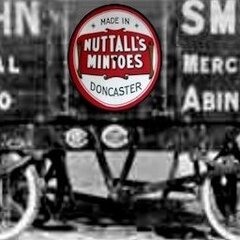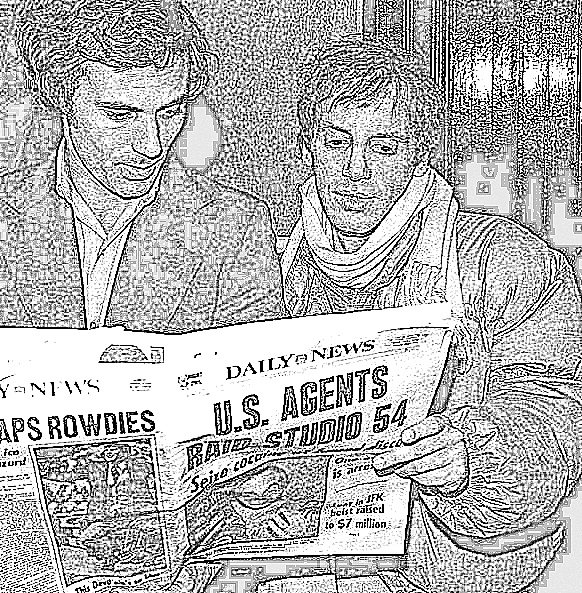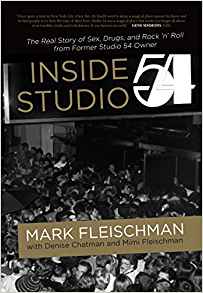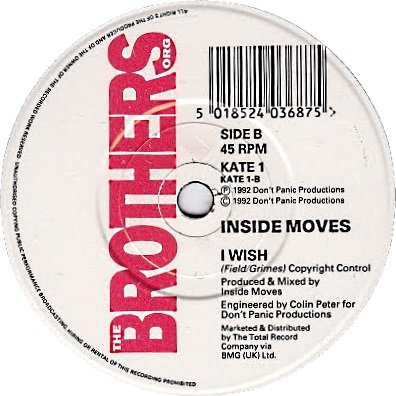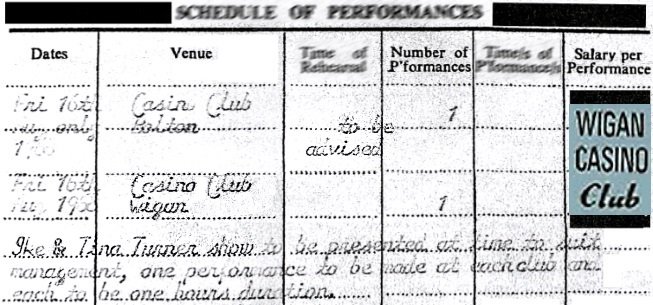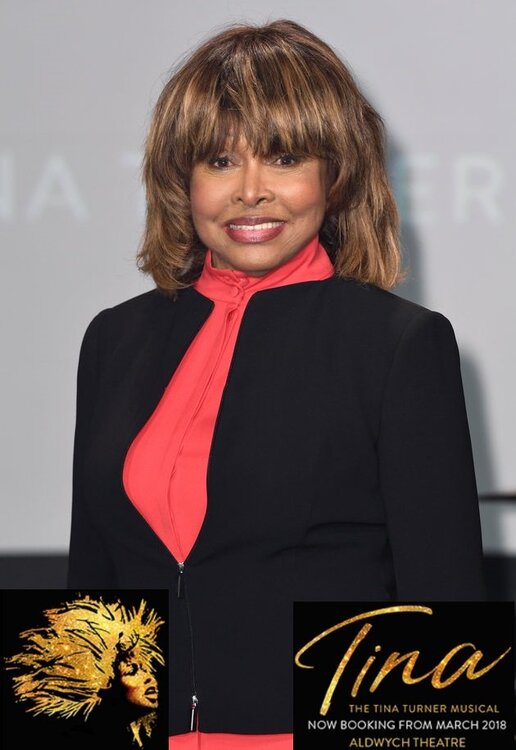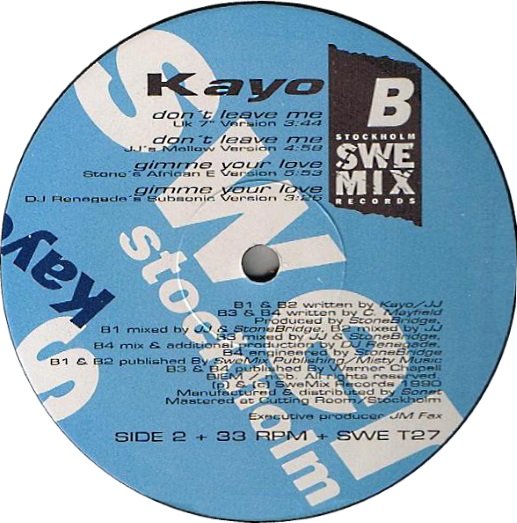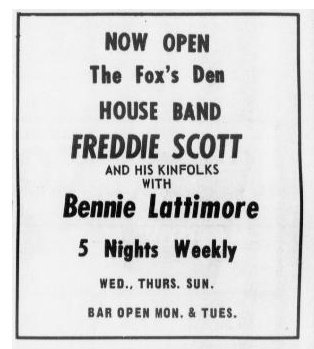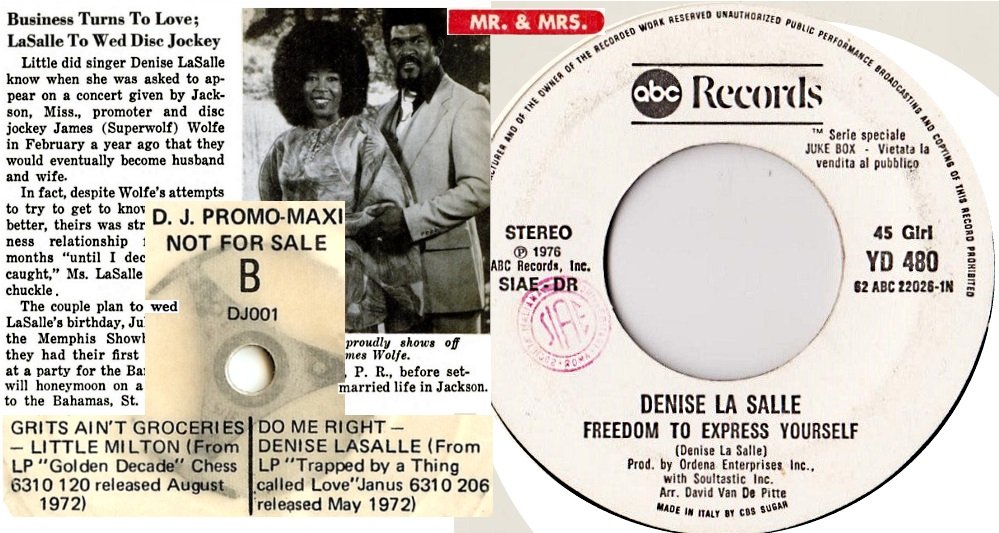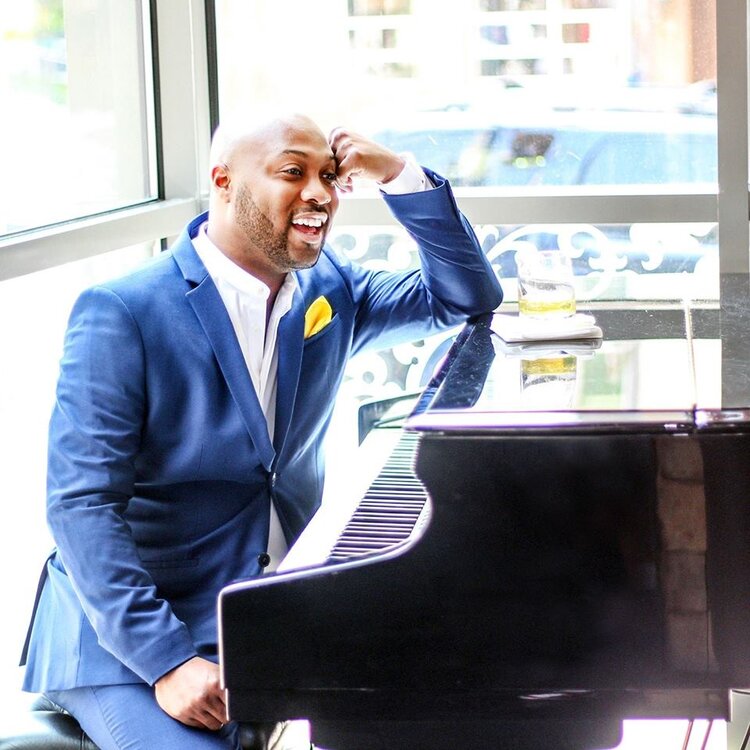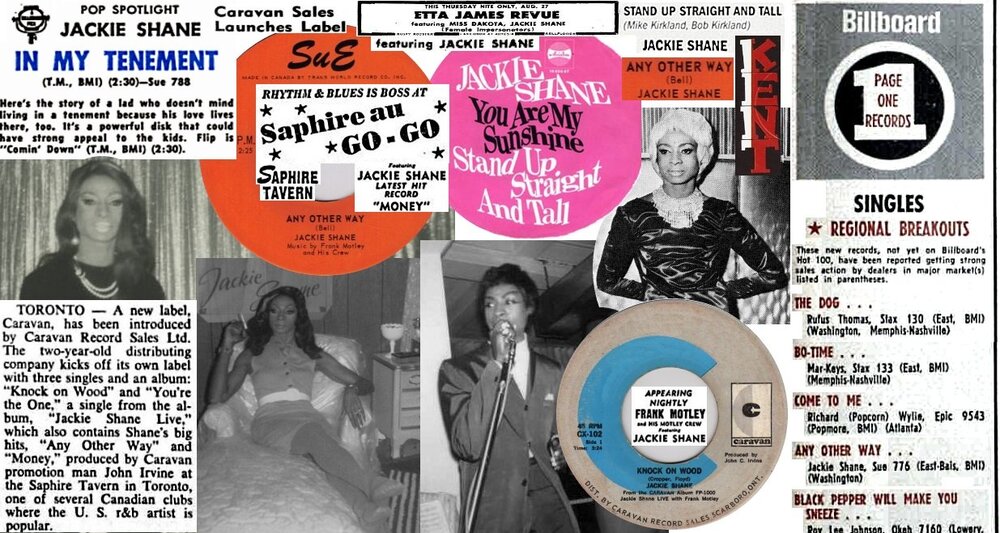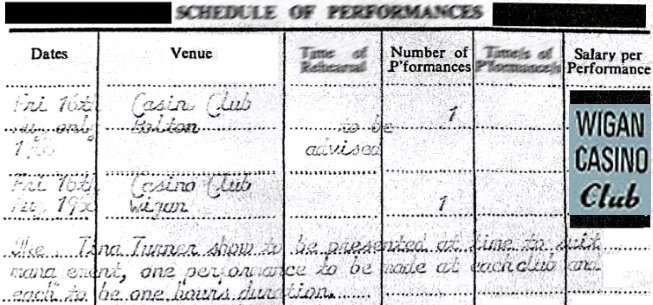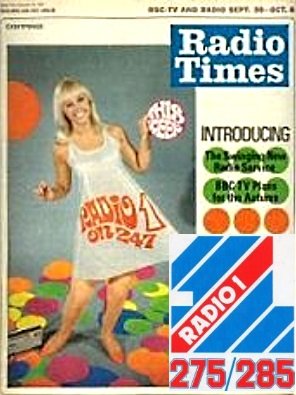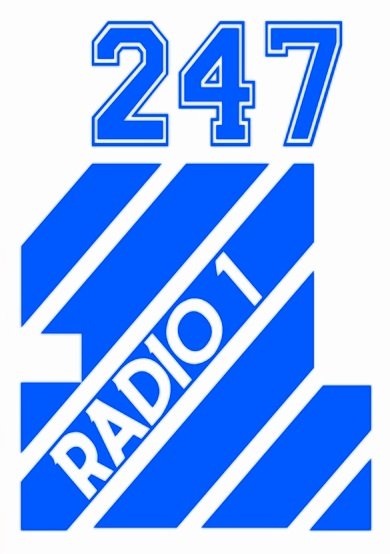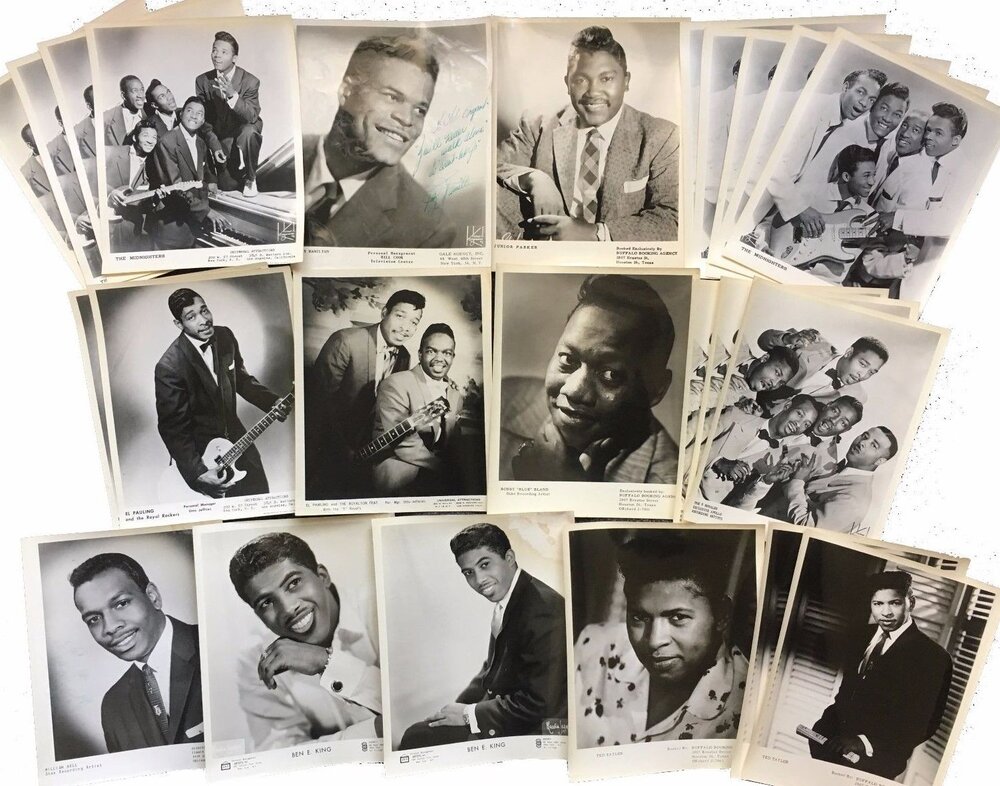Everything posted by Roburt
-
Station Rd......
So was Mood Mosaic played at Wigan then ? ... I know it gotta plenty of spins in UK soul clubs between 66 & 69 .. thought it would have been 'old hat' by 74/75ish and later ... after all it had gotten 2 UK releases on 45 by Sept 69, it was available on the UK LP and on Canadian & Euro released 45's.
-
Dusty- Long After Tonight Etc
A duet concoction ...
-
Dusty- Long After Tonight Etc
It was always easy to get (on her 1965 album), guess someone had it cut onto an acetate back in the day ...
-
More Books on Studio 54
-
More Books on Studio 54
I know some on here used to frequent this club when in NY back in the day ... well 2 more books about the club have just been added to the many earlier efforts (must be at least 9 now) ... the new ones are by Mark Fleischman and Denise Chatman + Ian Schrager and Bob Colacello. You can scan thru both books on Amazon ....... https://www.amazon.co.uk/Inside-Studio-54-Mark-Fleischman/dp/1945572574/ref=sr_1_2?s=books&ie=UTF8&qid=1508459296&sr=1-2&keywords=studio+54 https://www.amazon.co.uk/Studio-54-Ian-Schrager/dp/0847843440/ref=sr_1_1?s=books&ie=UTF8&qid=1508459296&sr=1-1&keywords=studio+54
-
Modern soul records that seem too cheap
-
TINA -- The Musical (West End Play)
-
TINA -- The Musical (West End Play)
The Ikettes always wore those short skirts (see above clip) on shows back in the mid to late 60's ... I saw them a few times at clubs like the Wheel ... I'd stand right down front next to the stage (which wasn't too large, especially when there were more than 10 people up there). There wasn't much roon, so the Ikettes had to stand really close to the front of the stage and dance around wildly in those short outfits ... strangely, they made a really big impression on this 18 year old kid. They performed a lot like this back when I used to go see em ...
-
TINA -- The Musical (West End Play)
Tina Turner was in London today, checkin in on how preparations for the musical play about her life are progressing .... She (with the IKE & TINA Review) was on ITV back in 1968 ....
-
Modern soul records that seem too cheap
Don't know about the price it goes for on 7" (as it only escaped in Sweden) but this is a gentle laid back soulful dancer ... dates from 1993 ... you have to get over it being sung in a foreign language though .... BTW, ANYONE KNOW what her version/s of Curtis's "Give Me Your Love" (also a Swedish release in 1990) is like ??
-
Florida Soul Book -- Public Presentation
John tells me that Latimore, his wife and daughter will all be attending the Florida Soul Book launch party held on October 27 at the Palladium Theater in St. Petersburg (FL). Lat might even sit in with Little Jake (Jock Mitchell) and the Soul Searchers on the live show. He's also had confirmation that Frankie Gearing will sing at the event and Sarasota Slim will sit in on guitar.
-
News: Keeping a Faith - Contemporary Gospel and Spiritual Soul Music
If you're still LOOKING FOR A reason to LOVE gospel tunes that were turned into soul classics, try this un ..
-
Florida Soul Book -- Public Presentation
Wayne Cochran, singing not preachin ... ... back in 1967 up at the Sugar Shack in Boston ... BTW, it seems that Helene Smith has lost her voice, so she'll be at the Miami event but she will not be performing (though another artist will).
-
Denise LaSalle - Health Setback
Sad news on Denise LaSalle as reported in Jackson Sun newspaper ... https://www.jacksonsun.com/story/news/2017/10/16/denise-lasalle-hospital-recovering-leg-amputation/768628001/
-
those "sad" records you play late at night
-
Tatum Jackson -- Good Album 4 Modern Soulsters
Really liking the album 'Soul Of A Man' that's been out a few weeks from this guy. Born in Dallas, Texas, the guy can sing. Not really a 'dance floor filling' album, just a really good soulful set. I really like "Midnight Queen" and the 'Ola Onabule sounding' "Me & My Ole Lady" (which was gonna be the title track but ain't) plus the soulful ballads on display (these grow on you). "Ain't For Me" has a sexy slow dance groove, whilst "Sucker For Love" is taken at a bit faster pace. You can hear "Midnight Queen" in full here .... https://www.tatum-jackson.com/music/ Samples of all the tracks are up on Amazon ... https://www.amazon.com/gp/product/B075831CZN/ref=dm_ws_sp_ps_dp
-
Jackie Shane -- NY Times article
Timed to help promote the upcoming Numero package ... https://www.nytimes.com/2017/10/15/arts/music/jackie-shane-transgender-soul-pioneer.html?rref=collection%2Fsectioncollection%2Farts&action=click&contentCollection=arts®ion=stream&module=stream_unit&version=latest&contentPlacement=19&pgtype=sectionfront&_r=0
-
Modern soul records that seem too cheap
But I put a real good label on the copy I gave you (being an ace graphic designer it was easy) ... (I'm also so modest too).
-
Modern soul records that seem too cheap
Never noticed that .... my bad .... since when have you been posting stuff on YT ... why'd you use a piccy of the issue on the vid ??
-
Soul artists photos posters
Other good items that look great framed & hung on the wall ... old soul tour programmes (both the front covers & the inside page bios / pics) .... Other items I've had a while & have been meaning to get framed up ... old live show artist contracts for shows staged in the UK ... I've got some Twisted Wheel ones, one for the Imperial Ballroom, Nelson + one for Ike & Tina Turner when they played Wigan Casino (+Bolton Casino) on the same night ... these old contracts look especially good as they were always done on coloured paper (yellow, pink, blue, etc) .... no idea why I've hung onto the Casino one as I never attended the club & didn't rate it (being from an earlier era).
-
UK Pirate Radio Stns -- 1960's
BBC's Radio One always was a poor substitute (if you were a soul fan) ... too much UK music played (a policy of the BBC management) ... It started out broadcasting on MW ... 247 on the radio dial ... was that a co-incidence or was it taken from 24 hrs 7days .. 24/7 ... 247
-
Modern soul records that seem too cheap
Another 12" goodie from Ola (Onabule) ... BEDFORD's finest soulster ... this one is French issue only .... https://www.discogs.com/Ola-Onabule-Every-Kinda-People/release/2155730 The version up on YT features a short rap section which I don't like BUT beggas can't be chewy ...
-
Modern soul records that seem too cheap
One I have been pushing for a good while & my bro also got on the case after I gave him a copy of it some years ago (he used to play it to good reaction @ the Prestatyn Weekenders) ..... . . . OLA ONABULE on Rugged Ram from 1995 -- TRUST IS ALL but not the issue version ... one of the alt mixes on the promo white demo ... https://www.discogs.com/Ola-Trust-Is-All/release/5622916 The 'propa MS style' mix (my tag not the official un) off the promo 12" ....
-
Soul artists photos posters
-
Soul artists photos posters
With regard to the promo photo shots of acts .... a big find was turned up about 8 or so years back when a filing cabinet from a Baltimore booking agent was discovered that held 100's of such photos sent out in the 60's / 70's. Some artists pics were in the horde in multiples. The guy who found them, auctioned em off on Evilbay & made a tidy sum. I believe quite a few of the photos ended up over here in the UK.

